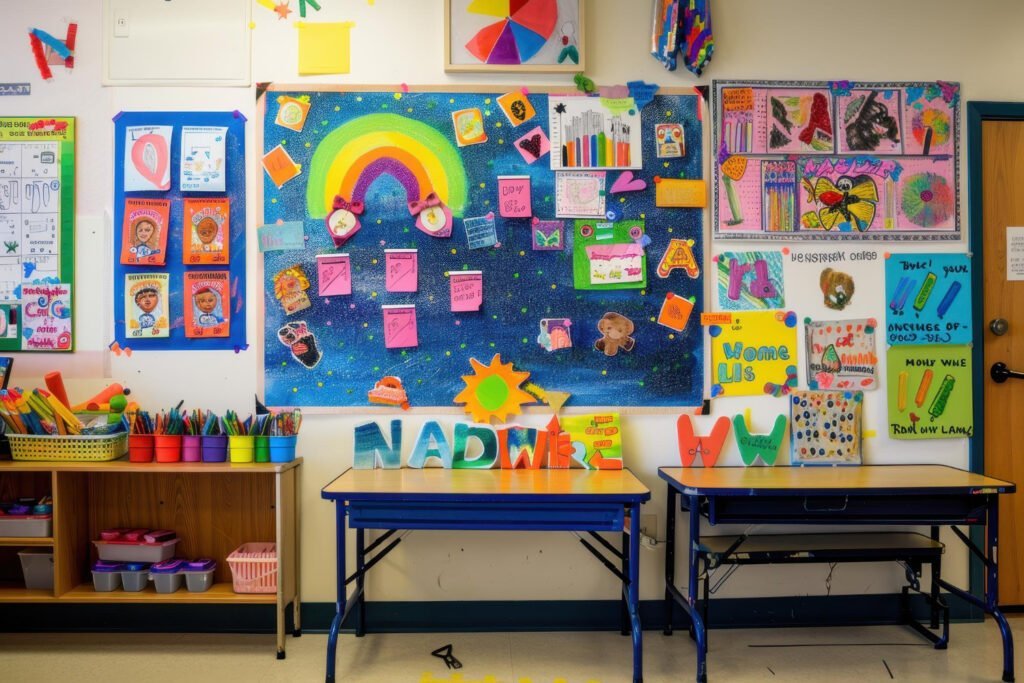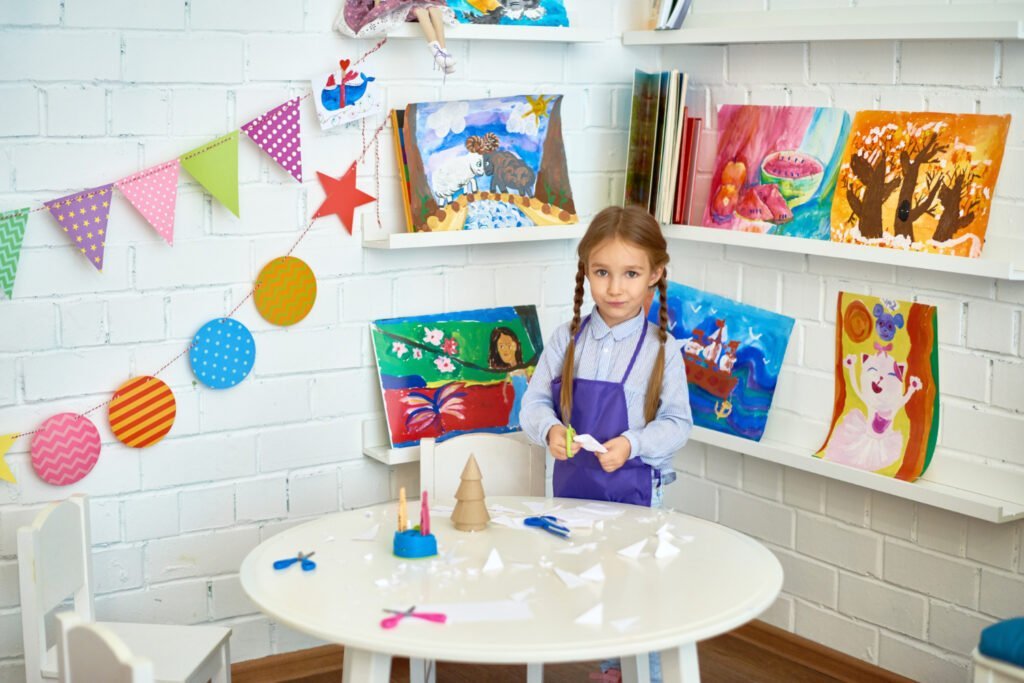How to Store Kids Artwork: The Ultimate Guide to Keeping Memories Alive
Are you throwing away priceless memories? Read this before you toss another crayon masterpiece! Children’s artwork is much more than just scribbles; it’s a glimpse into their minds, an insight into their vibrant world, and a testimony to their talent. But how to store kids artwork without being overwhelmed by paper? Let’s explore creative and fun ways to keep kids’ artwork that will give you a treasure trove full of fond memories—without the clutter!

The Hidden Magic of How to Store Kids Artwork
Your child’s artwork is like preserving their childhood. Every piece is a miniature time capsule that records an era of their development in creativity, imagination, and individuality. Learning how to store kids artwork is not just about organizing the collection but also celebrating their creative journey. Imagine looking through a collection of art from the past while reliving memories of their first stick figure or the time they painted their family dog purple. The storage of kids’ artwork isn’t just about keeping paper; it’s about keeping the fun and excitement of their childhood alive. It’s a proud moment for you as a parent, a testament to your child’s growth and creativity.
Each time a child’s crayon touches paper, something magical happens. They communicate thoughts and ideas that words cannot capture. Keeping kids’ artwork is a way to preserve the feelings, experiences, and milestones each work symbolizes. By learning how to store kids artwork effectively, you’re creating a visual record of their growth, which they’ll treasure just as much as you do.
How to Store Kids Artwork Without the Overwhelm

Step 1: Sort and Choose with Love
Kids indeed make a lot of art! However, not all pieces need to be preserved as treasures. When learning how to store kids artwork, the most important thing is to discern and decide which aspects are most critical. Start by choosing art that demonstrates their life milestones or shows unique imagination. Did they create their first family portrait? Keep it! Random doodles of the dog? Perhaps not.
Engaging your child in the process will help make it more memorable. Ask them what they enjoy most about each artwork. So, you’re not just storing kids artwork; you’re helping them appreciate their imagination and realize how important it is to make decisions. This collaborative effort will create shared memories and strengthen your bond with your child.
While sorting through piles of paper, consider the significance of each piece. Was it the first time they’ve drawn every family member using the correct number of fingers? Did they master drawing stars? These are the ones worth saving! You may also want to keep art that shows their most loved things from various years of their lives, like when they were fascinated by dinosaurs or when they only sketched rainbows.
Step 2: Creative Display Ideas
Storing kids’ artwork shouldn’t mean putting it away! Why not display it? Make a rotating gallery for your home using bulletin boards or frames to hang their latest creations. It makes your home colorful and helps boost your child’s confidence. They’ll be thrilled to see their artwork displayed as if it’s in an art gallery!
To assist with displaying your child’s masterpieces, consider products like Wall Gallery Poster Frames for an elegant showcase or a Bulletin Board or Corkboard for an interactive display area.
A rotating display keeps things fresh and exciting. Children will feel delighted to see their work showcased in the spotlight, allowing them to discuss their creations. You can even organize a “gallery night” where you change out the artwork and admire the display together. It’s a beautiful way to make storing kids’ artwork a family-friendly event!
To create a more permanent display, consider making an art wall using Light Weight Art Portfolio Tote Bags or Heavy-Duty Art Portfolio Folders with Clear Sheet Protectors for easy access and protection.
Step 3: Physical and Digital Storage Solutions
Consider digital and physical options when thinking about how to store kids artwork. Use portfolios, binders, or storage boxes for items you want to keep in their original forms. Label them with dates or events to outline their development as artists.
For physical storage solutions, check out Storage Box, Acid-Free with Metal Edge or Albums Photo Storage Box for safe keeping.
If you’re running out of space or looking for eco-friendly alternatives, digital storage can be an absolute game-changer! Photograph or scan the artwork using the Photo Scanner with Large Touchscreen or Brother DS-640 Compact Mobile Document Scanner. Save the images in digital albums to arrange and share with family and friends.
Binders filled with Sheet Protectors are ideal for organizing and keeping artwork secure. Select materials that are acid-free to prevent degradation over time.
If you want to go digital, consider creating an online blog or gallery to showcase your child’s work! This will preserve their artwork while allowing family members near and far to admire it closely.
Step 4: Long-Term Preservation Tips
Utilize archival-quality supplies when storing kids’ artwork for long-lasting preservation. Acid-free boxes and folders are ideal choices! They prevent the paper from turning yellow while keeping those vivid colors intact.
Store these precious items in a superb, dry location away from direct sunlight to prevent damage and fading. With proper care, your child’s artwork will remain stunning for years!
Flat storage solutions like archival cabinets or drawing boxes are perfect for vast collections. Storing artwork flat prevents it from being damaged or distorted over time. Label each piece with the date and any other important information about its creation so you can track your child’s artistic development.
Step 5: Sharing and Gifting Their Masterpieces
Why keep all that talent for yourself? Sharing your child’s artistic creations can bring happiness and create heartwarming gifts! Create personalized calendars featuring their best work or print their drawings on greeting cards—great presents for grandparents who cherish unique designs.
Sharing your child’s work fosters joy strengthens bonds between you and your loved ones, and makes them feel connected through creativity. You can also create photo books or digital galleries to send to friends and family. It’s a fantastic way to showcase your child’s imagination while making them proud of their accomplishments. Celebrating your child’s artistic creations is a source of joy and pride for both you and your child.
To make this experience unforgettable, consider hosting a mini-art exhibition at home or in your community! Display their work like an artist in a professional gallery and invite friends and family to enjoy your child’s artistic talents together. Setting up such an event goes beyond conserving their work; it showcases their abilities while making everyone proud!

The Joy of Balancing Preservation and Decluttering
Storing kids’ artwork doesn’t have to be overwhelming! The trick is balancing preserving essential pieces in your collection while maintaining a clutter-free space. Regularly review your collection; keep top items while discarding those that no longer resonate.
Decluttering isn’t about throwing away memories; it’s about making space for new ones! As your child develops and their skills improve their work quality will also evolve! By keeping unique artworks, you curate a collection that reflects growth and creativity.
Ultimately, understanding how to store kids artwork goes beyond organization, celebrating your child’s talent, preserving precious memories, and leaving a lasting legacy of their creative journey. If you’re thoughtful about what you save and how you store kids artwork, you’ll create a collection you—and your child—will cherish for many years!
For further insights into parenting topics that matter, check out these posts from Mamawithlove:





































































